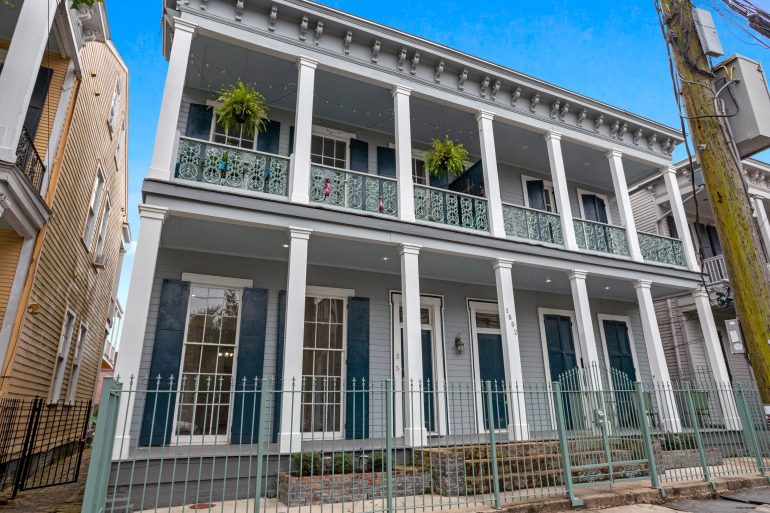Brick masons, also known as bricklayers, are skilled craftsmen who play a crucial role in the construction industry. They are responsible for creating durable, aesthetically pleasing structures using bricks, concrete blocks, and other masonry materials. Here are the key responsibilities of a Brick mason:
1. Reading and Understanding Blueprints:
Brick mason starts their work by studying blueprints and construction plans. They need to interpret these technical drawings to understand the specifications, dimensions, and materials required for the project.
2. Preparation of Building Materials:
Before laying bricks, brick masons prepare the construction site by ensuring it is clean and properly leveled. They also calculate the amount of materials needed, such as bricks, mortar, and grout, and prepare them accordingly.
3. Laying Bricks:
The primary duty of a brick mason is to lay bricks in an orderly fashion to construct walls, buildings, and other structures. They use tools like trowels, levels, and jointers to ensure that each brick is set evenly and securely in mortar.
4. Cutting and Shaping Bricks:
In situations where standard-sized bricks do not fit, brick masons use specialized tools to cut and shape bricks to fit corners, arches, and other parts of the structure accurately.
5. Applying Mortar:
Brick masons mix mortar according to a specified ratio and apply it between bricks to bond them together. They must work quickly and precisely to prevent the mortar from drying before the bricks are laid.

6. Installing Insulation and Vapor Barriers:
In some cases, brick masons are responsible for installing insulation materials and vapor barriers within brick walls to enhance energy efficiency and prevent moisture penetration.
7. Repairing and Restoring Structures:
Brick masons also repair and restore existing brick structures that have been damaged by age, weather, or other factors. This may involve removing damaged bricks, mixing new mortar, and replacing the bricks.
8. Ensuring Safety Standards:
Safety is paramount in construction work. Brick masons must adhere to safety regulations and use personal protective equipment (PPE) to prevent accidents and injuries.
9. Collaboration with Other Trades:
Brick masons often collaborate with other construction professionals, such as architects, engineers, and carpenters, to ensure that the project progresses smoothly and meets the desired specifications.
10. Maintenance of Tools and Equipment:
Brick masons are responsible for maintaining their tools and equipment in good condition. This includes cleaning tools, replacing worn parts, and ensuring that all equipment is stored safely after use.










